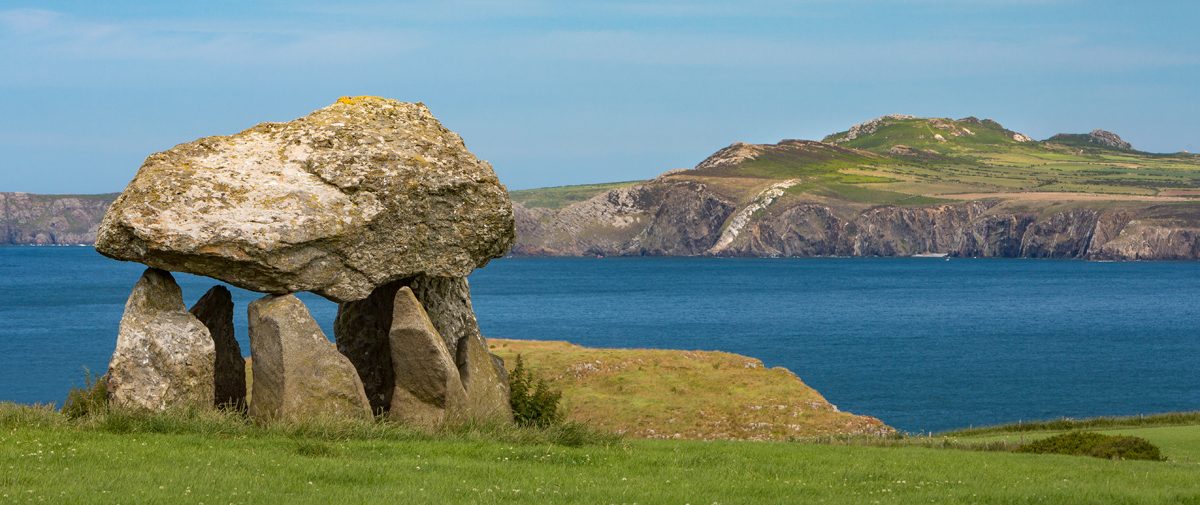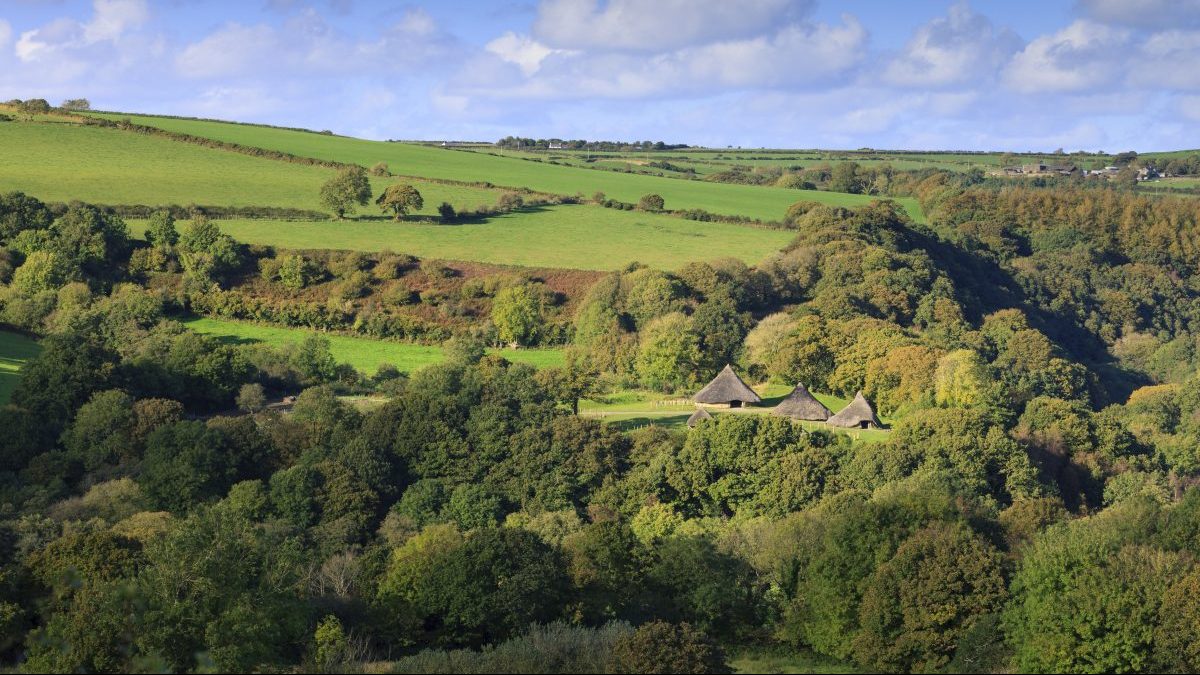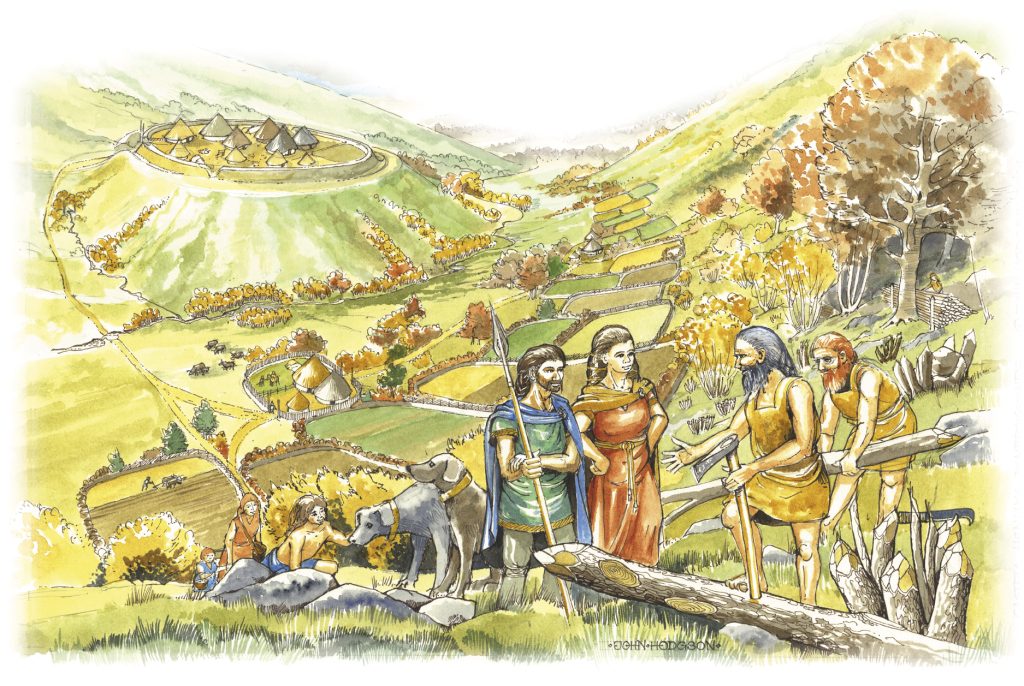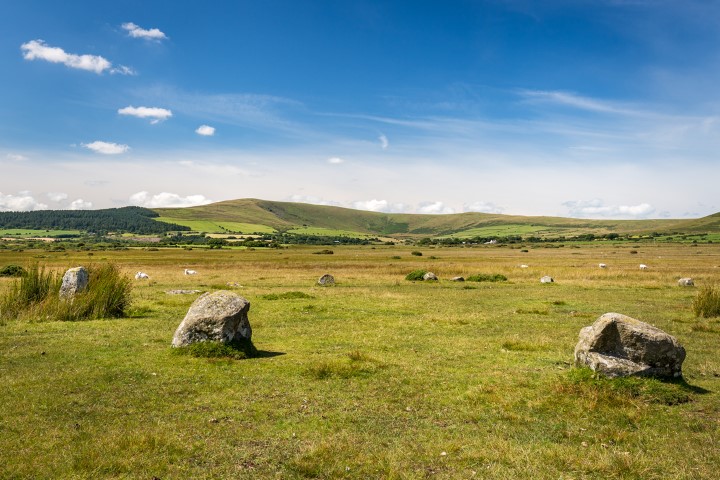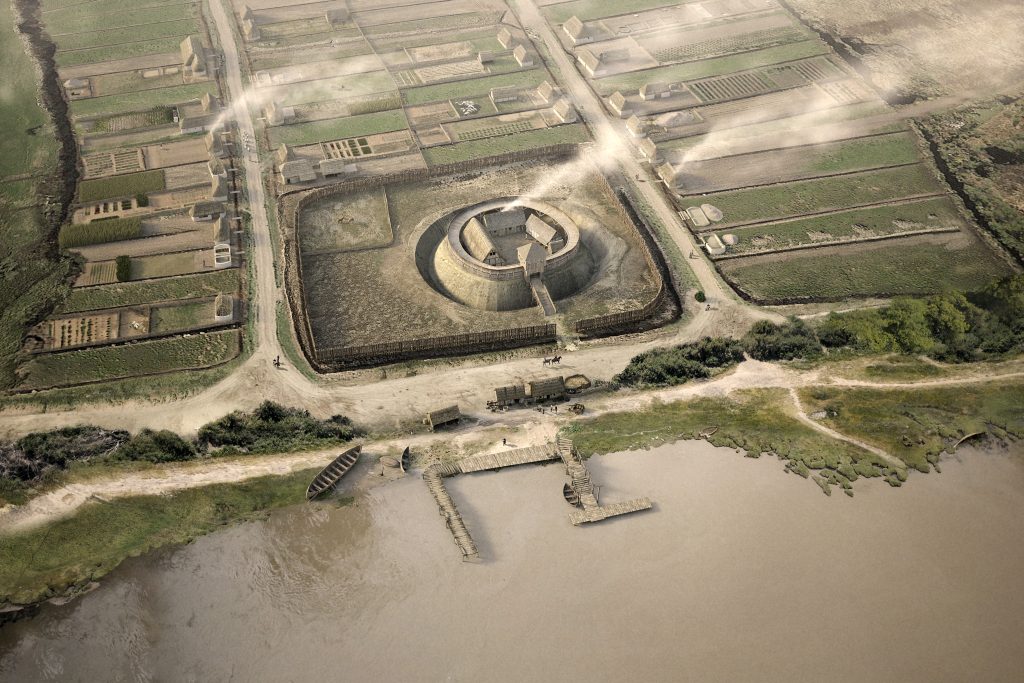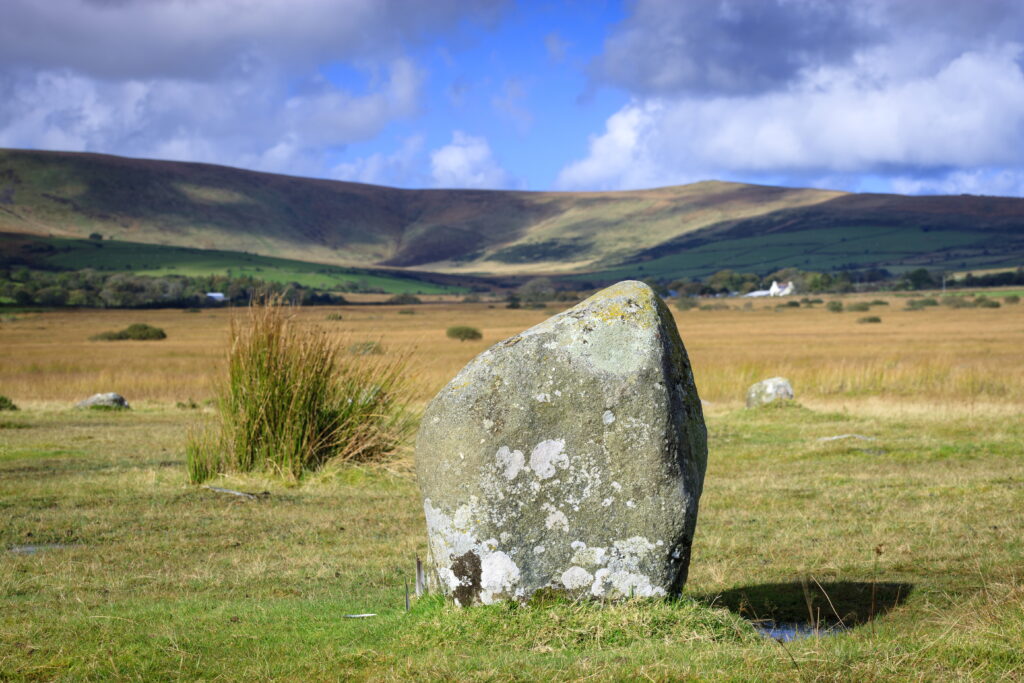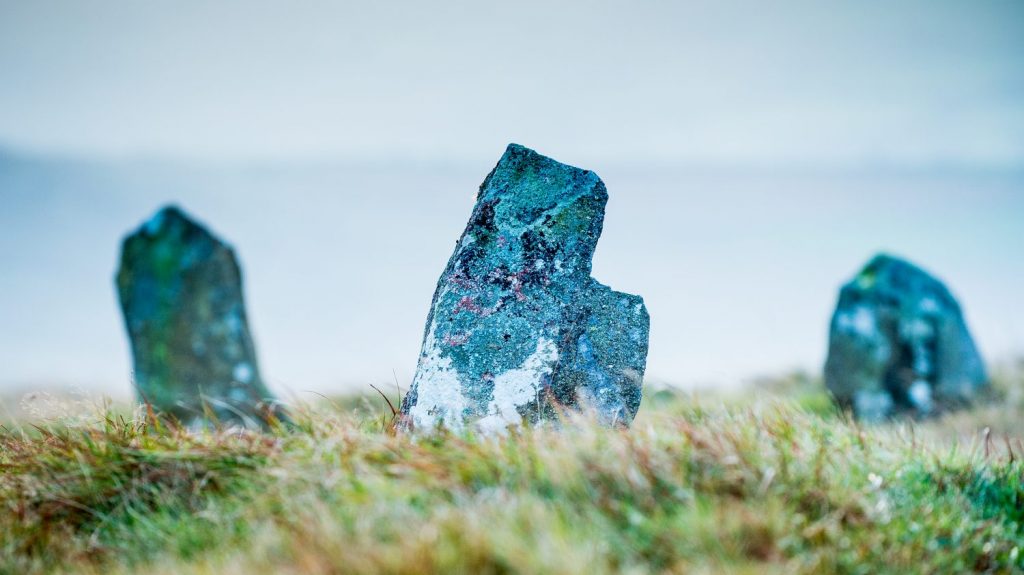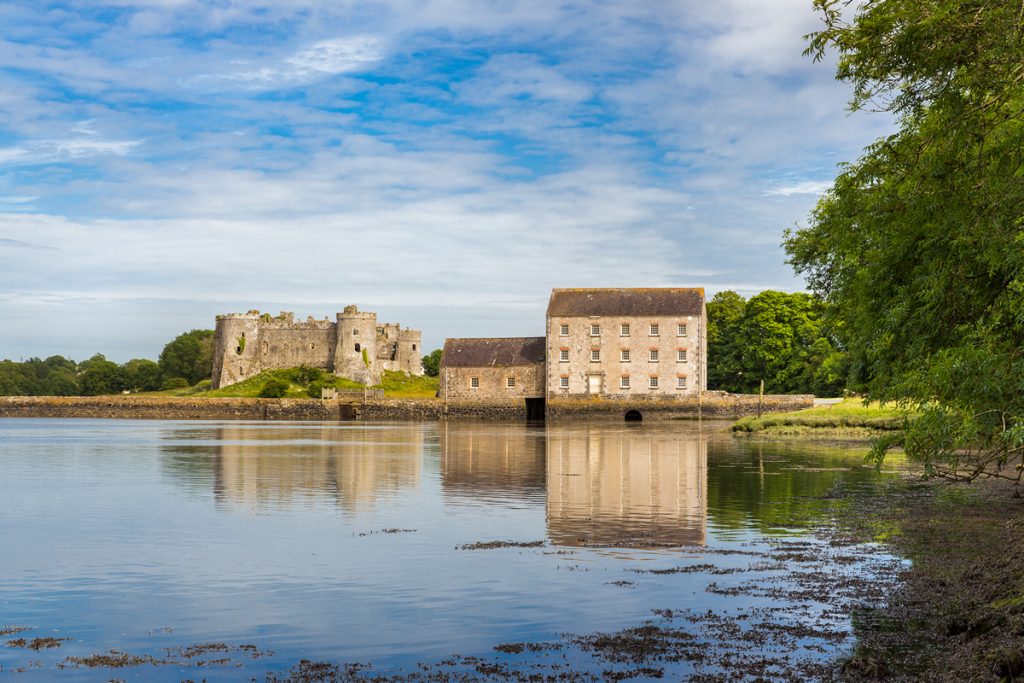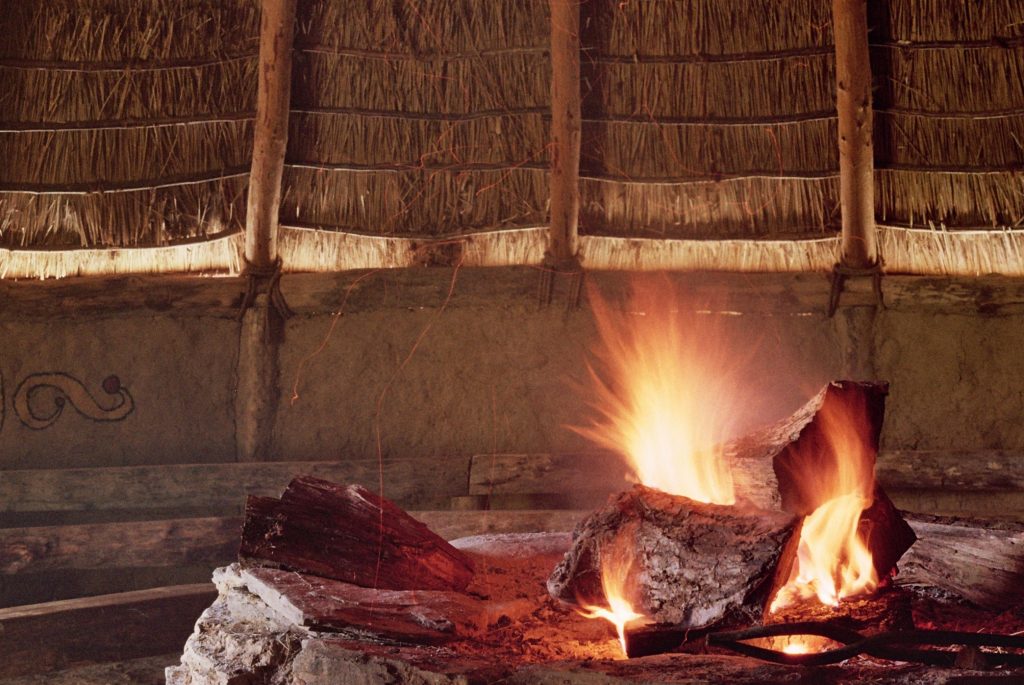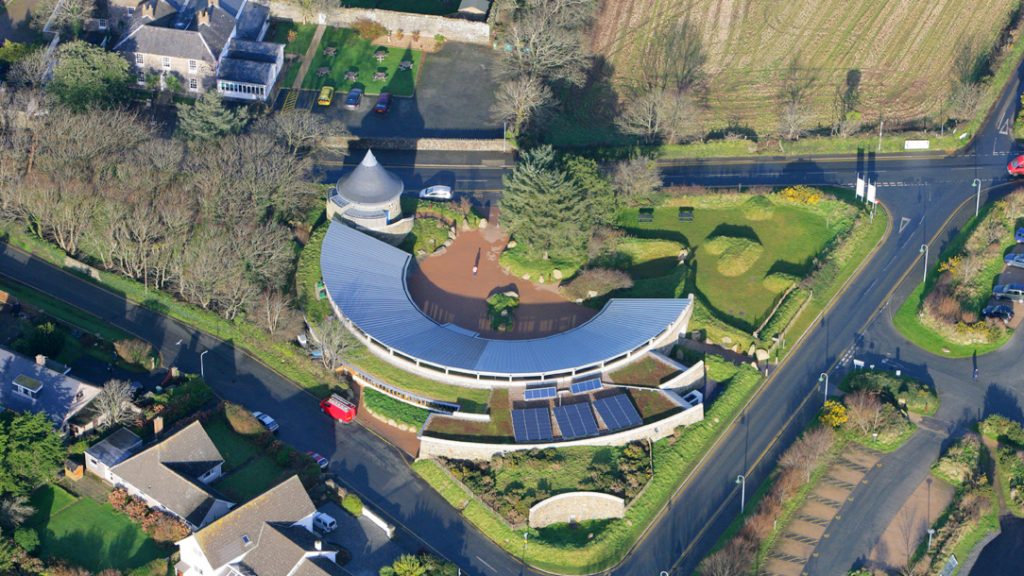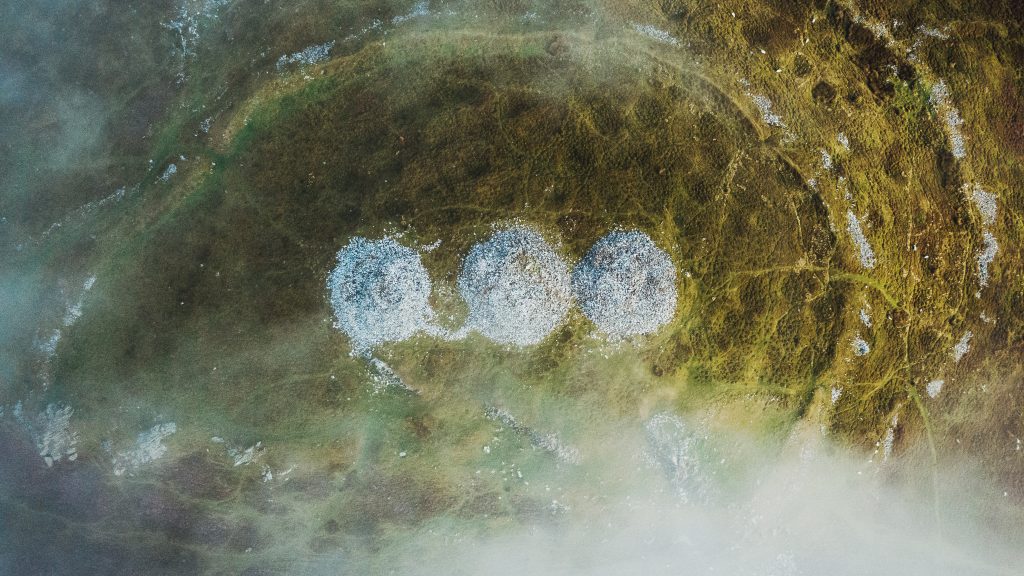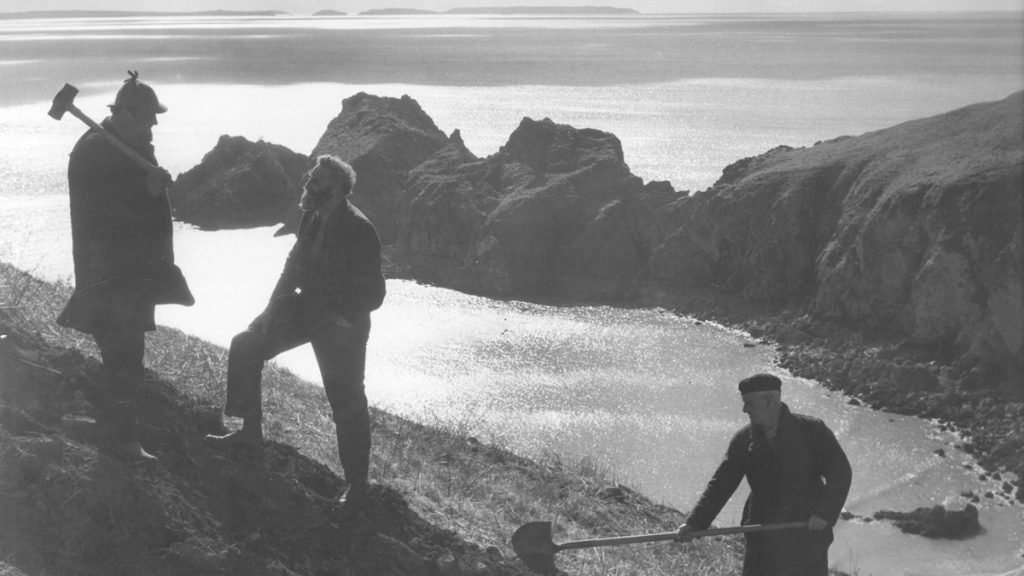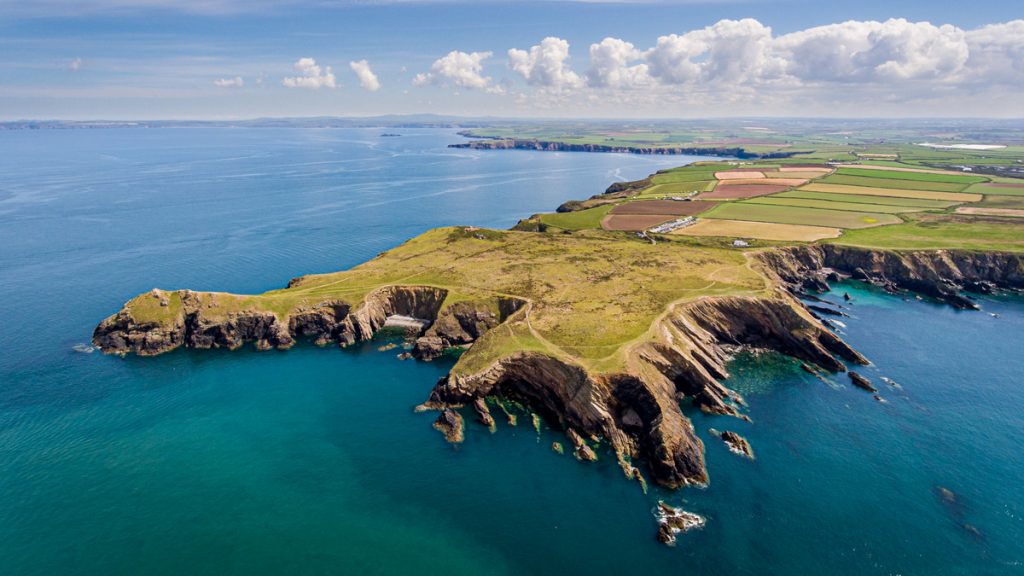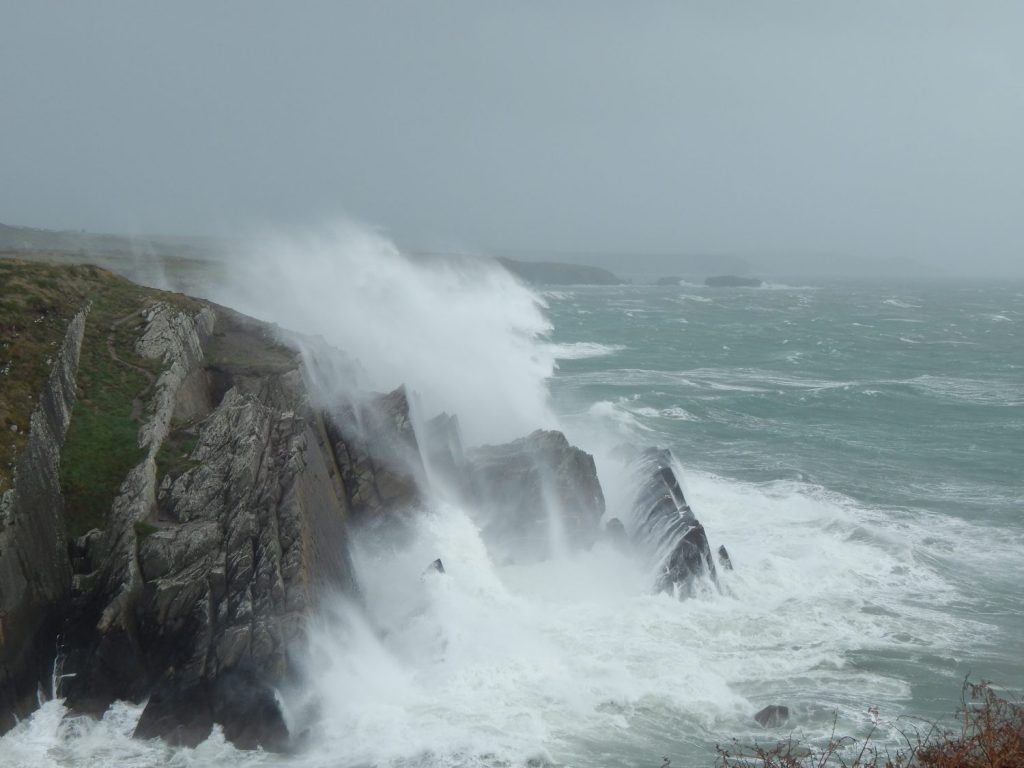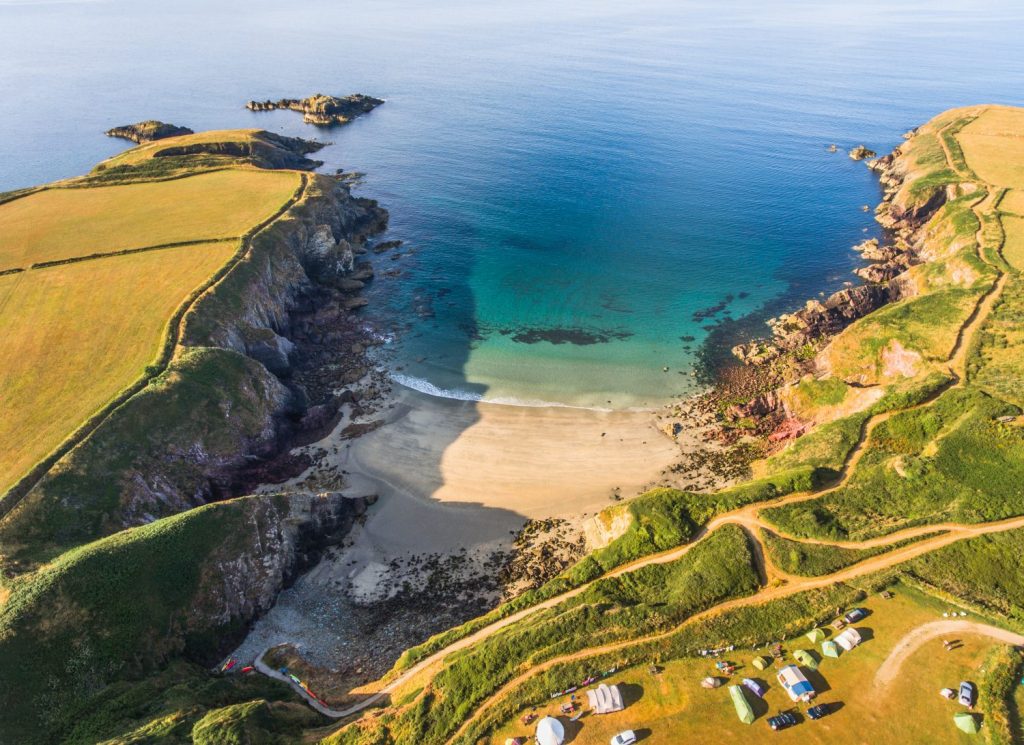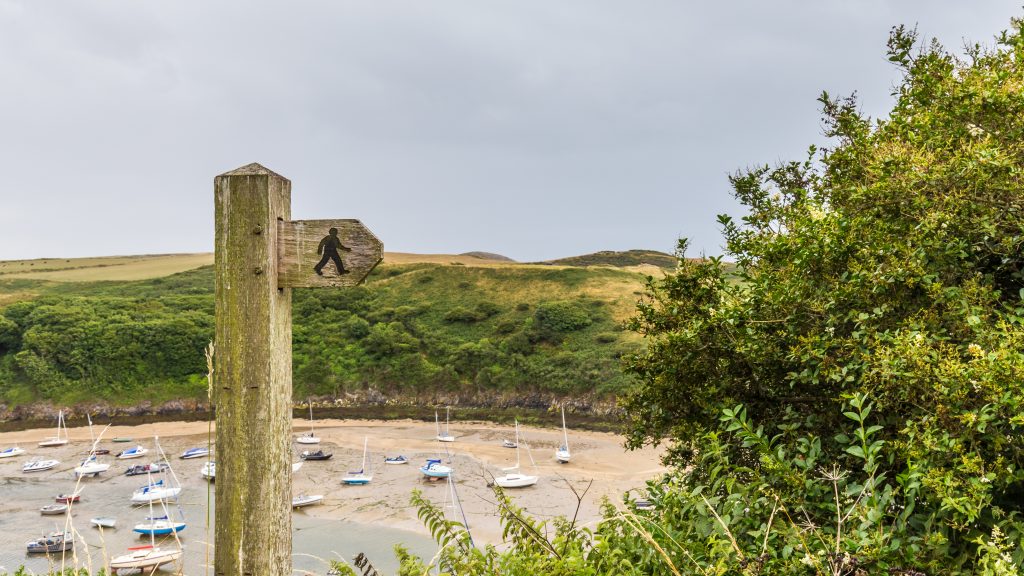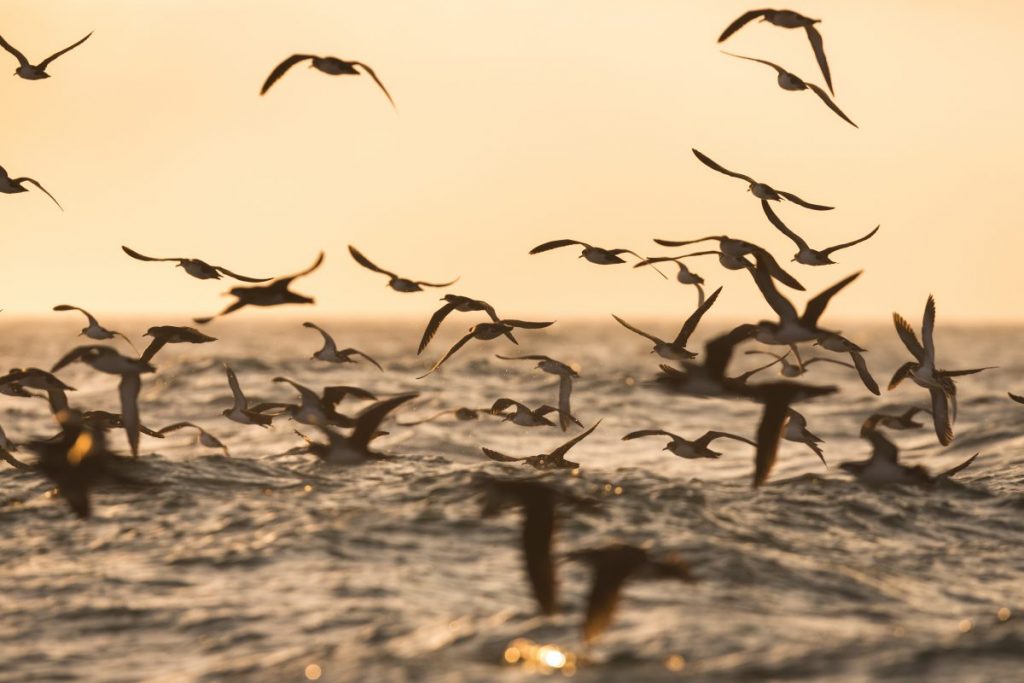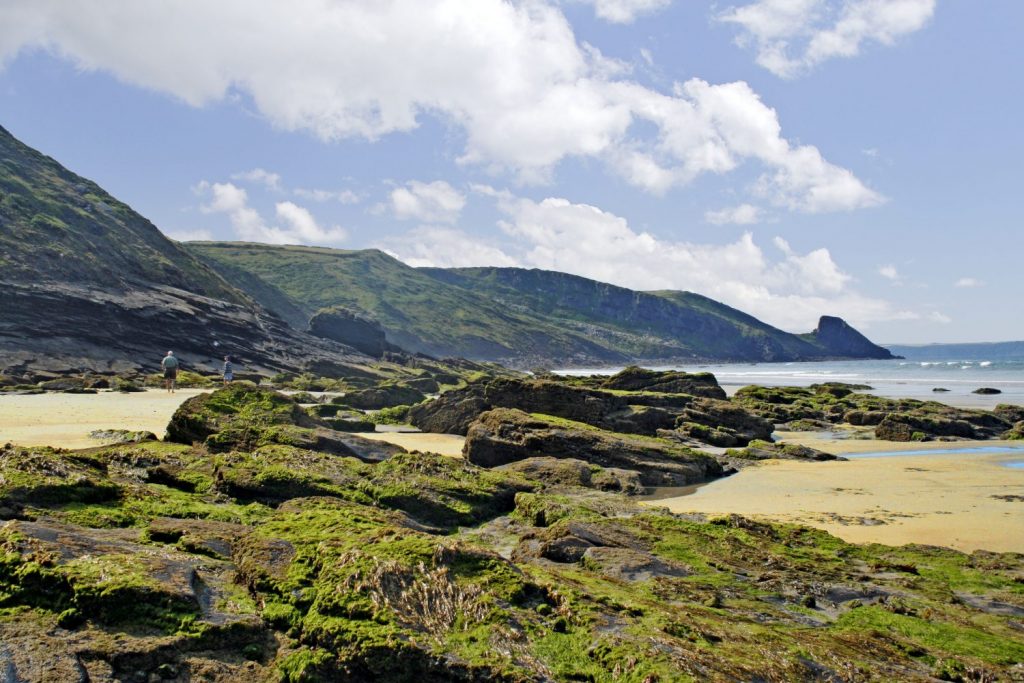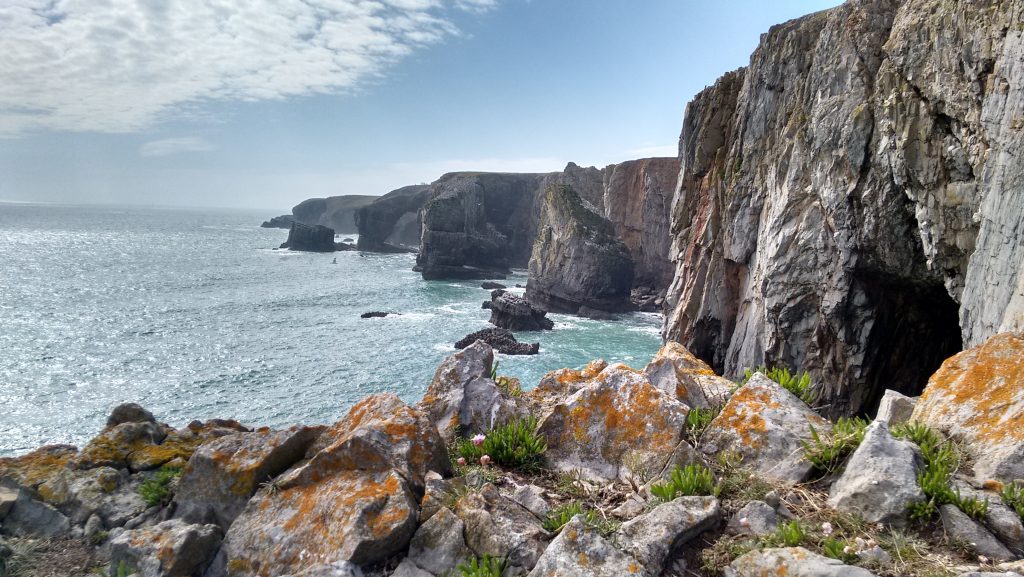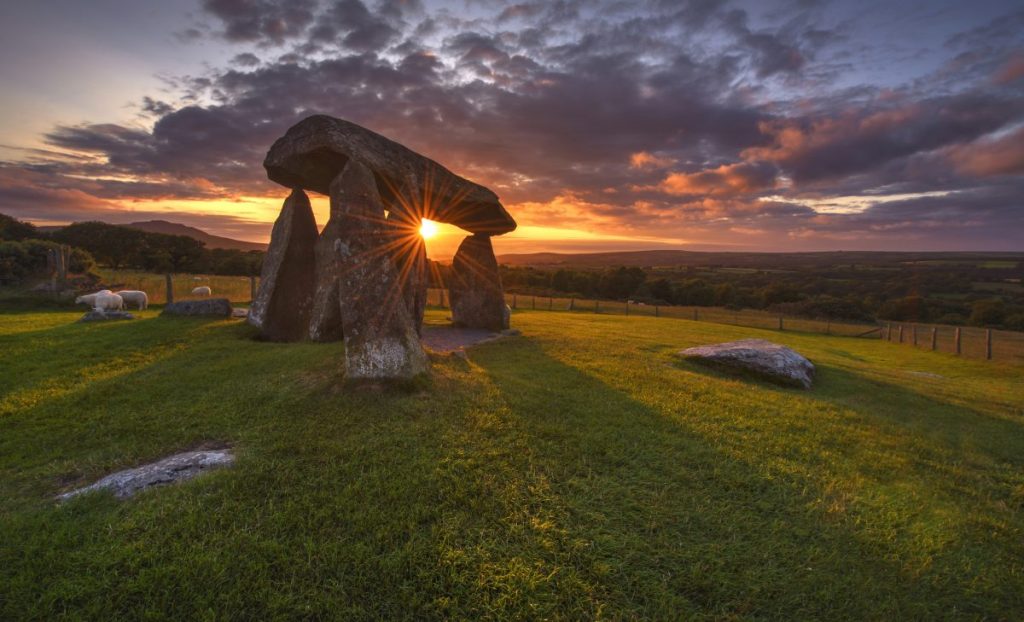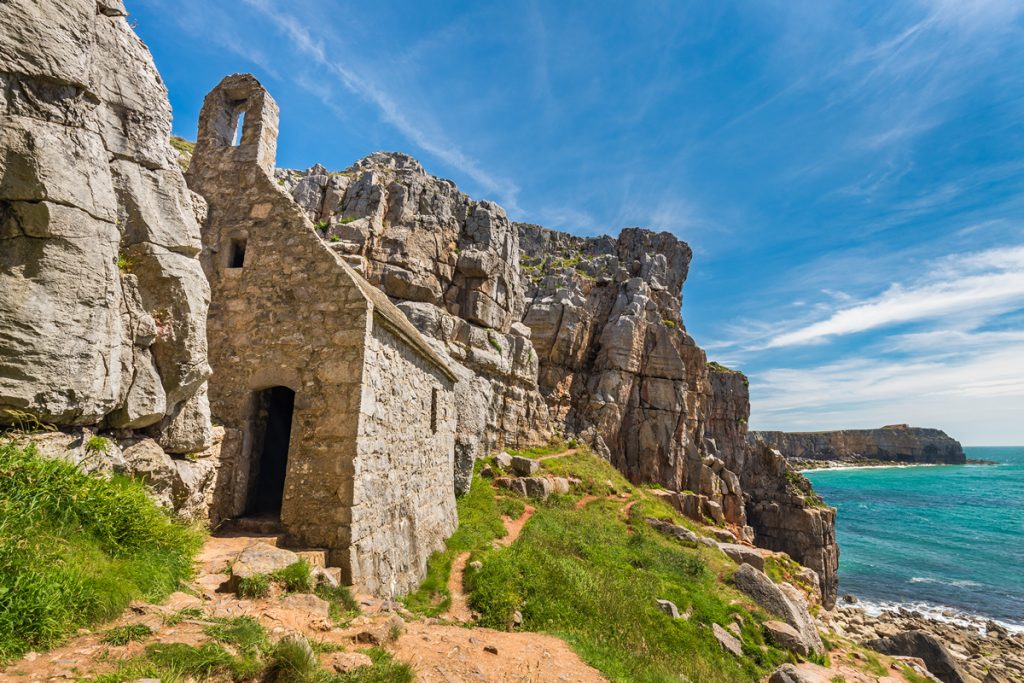Archaeology is the study of people in the past, through the remains they leave behind. These remains can be almost anything – from burials and weapons to bits of broken pot, stone tools or World War II defences.
Some of these remains, like the Iron Age promontory forts which line the coast of the National Park, are very substantial, and form distinctive landscape features even today.
At the other end of the scale are the scatters of tiny flint pieces which mark out where prehistoric people made their tools and sat around their campfires.
All of these different types of archaeology contribute to the historic environment of the National Park.
The historic environment is part of what makes the Pembrokeshire Coast National Park such a special place. People have lived and worked in the Park for thousands of years, and have shaped the way it looks today.
The National Park Authority has a duty to take care of the special qualities of the Park, and that includes its archaeology. We aim to understand the Park’s history, to protect it and to help people to enjoy it.
We do this in a variety of ways. Our Community Archaeologist and our Building Conservation Officer are on hand to offer advice to people working with historic sites and features.
We try to encourage people to enjoy their archaeological heritage – through specially themed walks as part of the activities and events programme, volunteering and through managing Carew Castle and Tidal Mill and Castell Henllys Iron Age Village.
The National Park also has a continuing programme of work investigating the Park’s history and archaeology.
Archaeology Day - Recordings available to view online
To keep up to date with Archaeology Day developments, sign up to our archaeology mailing list.
In the meantime, you can enjoy content from other previous Archaeology Days by visiting the Archaeology Day YouTube Channel (opens in new window).
If you would like to exhibit at the event or have other enquiries please get in touch by emailing archaeology@pembrokeshirecoast.org.uk.
